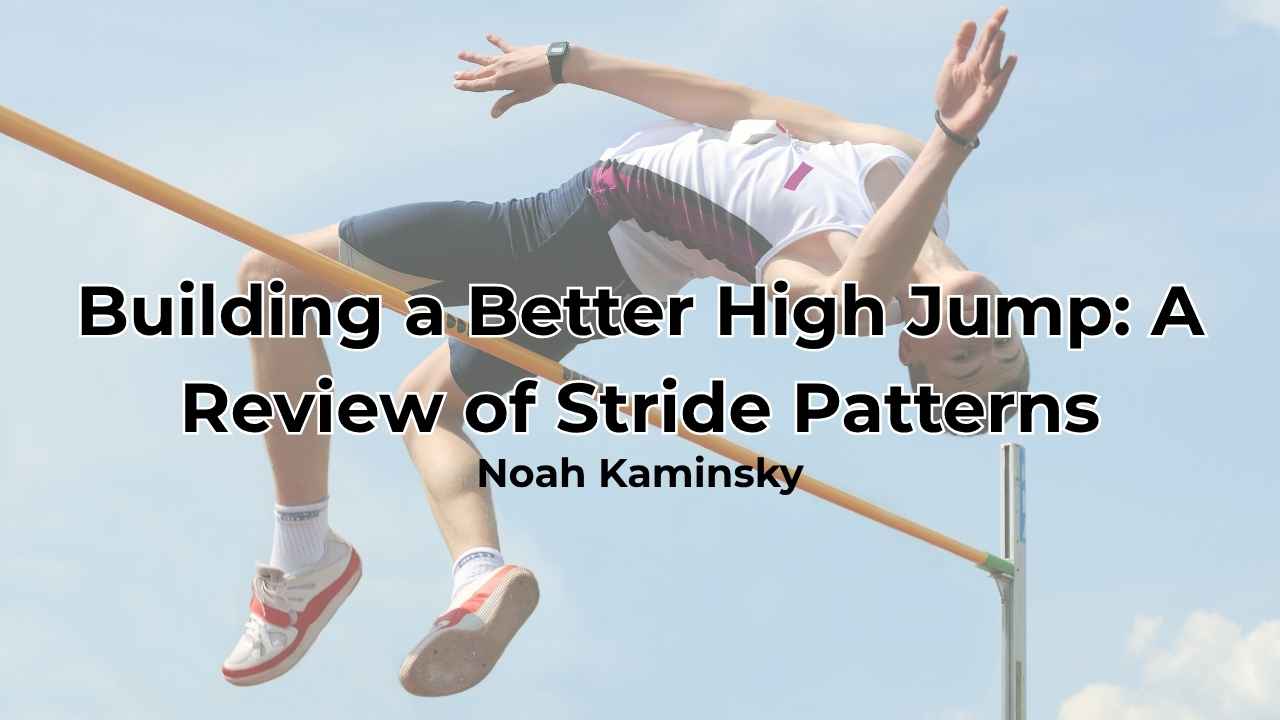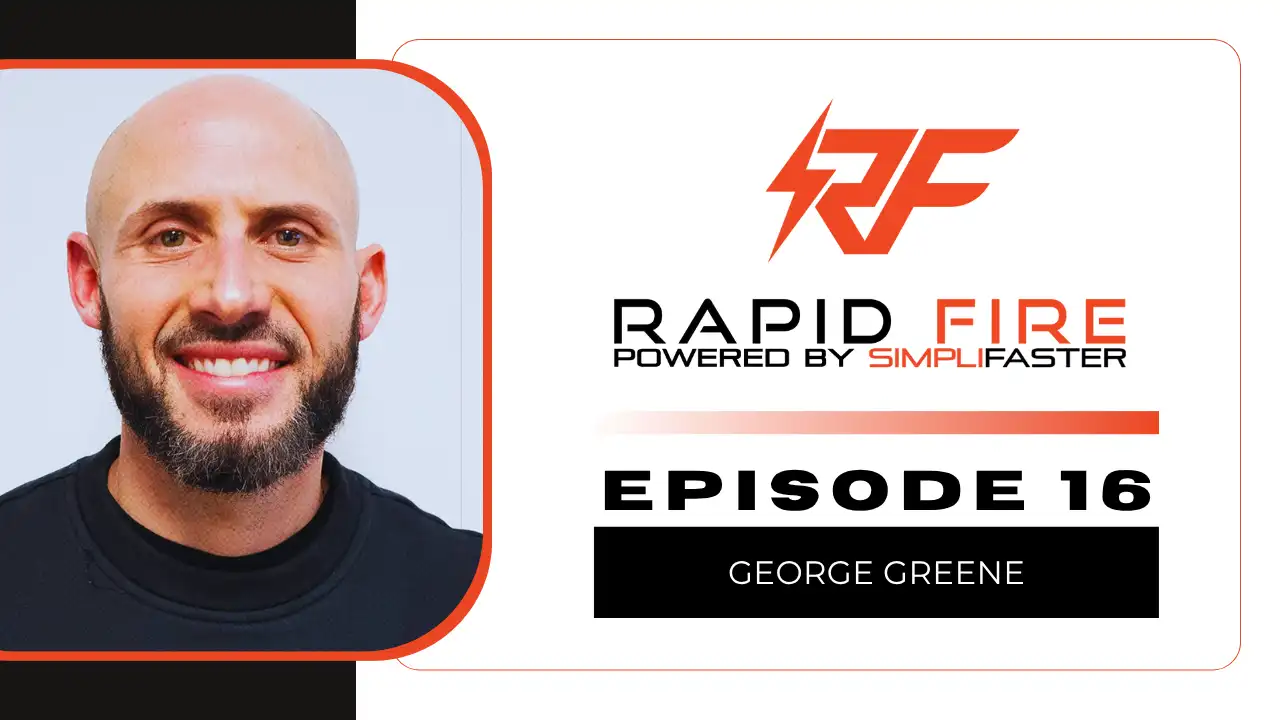[mashshare]


The interesting thing about success is that to become more successful, we have to help others achieve success. What does this have to do with the sport of track and field? Everything. Because success in this sport is about relationships.
And relationships require perspective when communicating with others, especially for track and field athletes. For relationships to work among coach, athlete, and therapist, each must understand the others’ perspectives.
Success in track and field comes from relationships. Share on XAfter moving to Arizona to be the ALTIS digital media manager, I looked for an apartment. I talked with locals for ideas about where I should live and quickly discovered this was pointless. Perspective makes it almost impossible to ask anyone where to live in a new city. Depending on where we grew up–in a relatively wealthy neighborhood, in a rural area, or in many places–our perspectives are going to differ.
As the only person in my department, I spend the majority of my day either alone or listening to others. My perspective has broadened beyond my department, however, because my wife is a therapist at ALTIS, my brother trains at ALTIS, my sister-in-law coaches at ALTIS, I grew up with athletes who train at ALTIS, many of my NCAA competitors train at ALTIS, and I followed ALTIS before I worked there.
What I’ve learned from these different perspectives is that misunderstanding often comes from the inability to change perspective. The only way we can change our views is to get outside of ourselves.
Misunderstanding often comes from the inability to change perspective. Share on XI’ve recorded, live tweeted, and edited Dan Pfaff’s videos often in my short time at ALTIS. He does an excellent job taking his 45+ years of coaching experience and using it to broaden his perspective. He’s become so good at this that, when he doesn’t do it well, he immediately recognizes his bias.
While at practice, I hear people say and do things daily that don’t make sense to me. I know for a fact that almost everything I do does not make sense to other people. What matters in track and field, and in any relationship in life, is the ability to try and see things from the vantage point of others. Although it’s not always easy to do this, it’s often worth the effort to try.
ALTIS coaches watch reps from as many angles as possible to see different things from different perspectives and vantage points. Remember this strategy when disagreeing with someone. Remember to make every effort to walk a mile in their shoes. Remembering that people are people allows us to talk with them and learn who they are.
For example, we need to understand the dynamic of parents in a person’s life to learn to know that person and to understand why they do the things they do. I have many examples of the role parents play in our development, but I only have permission to use my own.
The parents of both my mother and father never supported my parents’ dreams to become athletes. Although my parents had the ability to earn scholarships, they were never encouraged to believe in their abilities and do so. Their experience significantly impacted who I am now because they never placed limits on me. I grew up believing I had limitless potential. My parents chose to raise me this way because of the limits my grandparents put on them. By understanding this, people understand me much better.
On the flip side, my parents enjoy just being at home and relaxing. Because neither of them had siblings, they never had others to depend on while growing up. This has firmly rubbed off on me. Although I have an older brother, I have no problem spending crazy amounts of time completely alone, on my computer and working. Many can’t understand this when they meet me. I appear very social, but I don’t care whether people talk to me.
People will often do, or not do, something strictly because of what their parents did or did not do. Think about the athlete who can’t buy-in to your program. Think about the therapist who angers you every time they speak. Think about the coach who keeps pushing you over the edge.
Until we can wear the goggles others use to see the world, we’ll often have a hard time understanding them. This is not to say that every relationship will be unicorns and rainbows, but they can improve.
For more coach and athlete resources from ALTIS, see ALTIS 360.Since you’re here…
…we have a small favor to ask. More people are reading SimpliFaster than ever, and each week we bring you compelling content from coaches, sport scientists, and physiotherapists who are devoted to building better athletes. Please take a moment to share the articles on social media, engage the authors with questions and comments below, and link to articles when appropriate if you have a blog or participate on forums of related topics. — SF
[mashshare]




